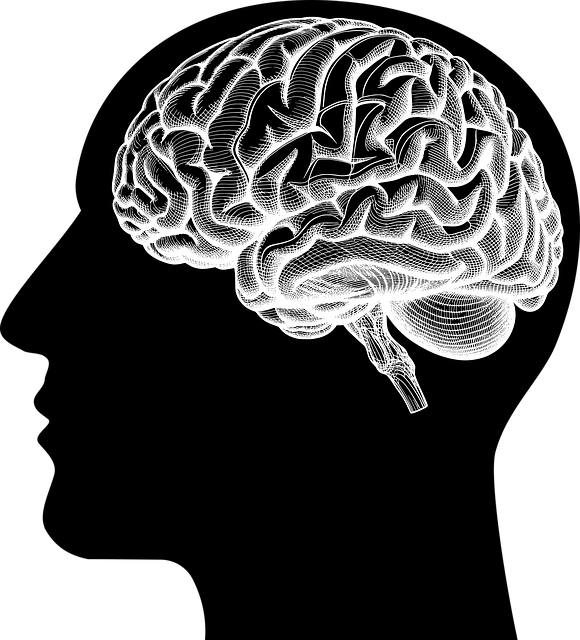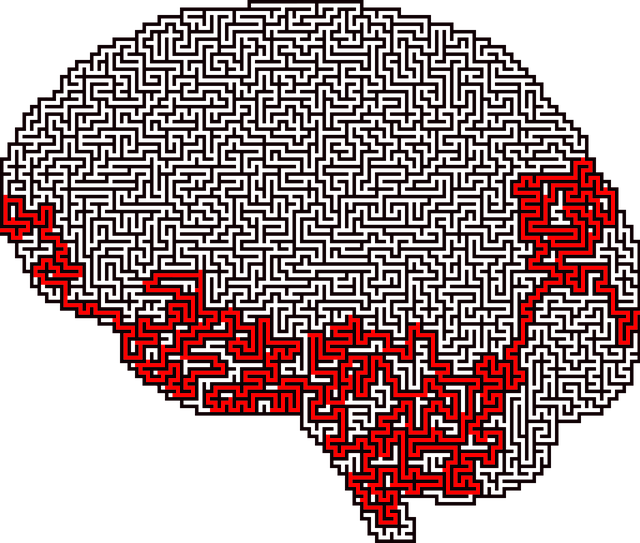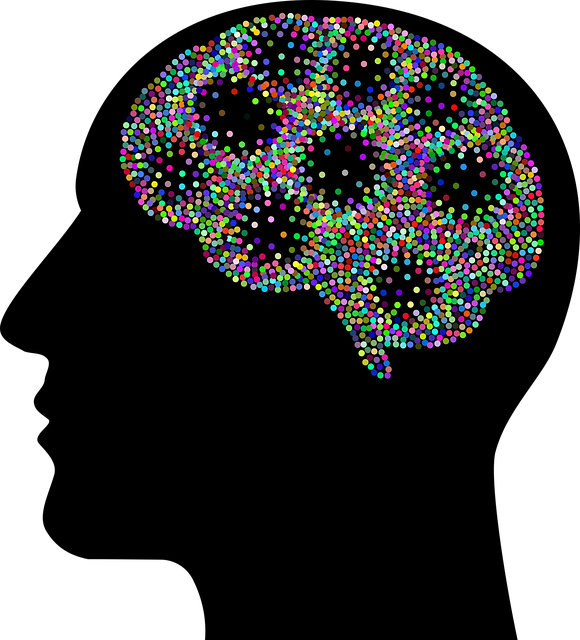Mental illness diagnoses are challenging due to subjective symptoms and diverse conditions. Traditional methods like talk therapy and innovative techniques like Lafayette Play Therapy aid in emotional expression, but accuracy remains an issue, especially for rarer disorders or co-occurring conditions. Enhancing mental health practitioner training, integrating technology, promoting public Mental Health Education, and adopting holistic practices are crucial steps to improve diagnosis precision. Lafayette Play Therapy, through play activities and talk therapy, creates a positive assessment environment, improving diagnostic accuracy in children and adolescents. Continuous improvement, tailored practices, and staying informed about research are essential for mental health care professionals to enhance patient outcomes while preventing burnout.
Mental illness diagnosis accuracy has long been a topic of concern, with many individuals receiving incorrect or delayed treatment. This article explores strategies aimed at improving diagnostic precision, delving into unique assessment methods like Lafayette Play Therapy, an innovative approach that enhances understanding. We discuss evidence-based strategies for accurate diagnoses and emphasize the importance of continuous improvement through feedback integration and research. By examining these efforts, we hope to illuminate paths towards more effective mental health care.
- Understanding Mental Illness Diagnoses: The Current Landscape
- Lafayette Play Therapy: A Unique Approach to Assessment
- Enhancing Diagnostic Accuracy: Evidence-Based Strategies
- Continuous Improvement: Integrating Feedback and Research
Understanding Mental Illness Diagnoses: The Current Landscape

Mental illness diagnoses are complex and multifaceted, reflecting the intricate nature of human psychology. The current landscape involves a range of approaches, from traditional talk therapy to innovative techniques like Lafayette Play Therapy, which taps into a child’s natural capacity for play to foster emotional expression and healing. However, despite these advancements, accuracy remains a challenge due to the subjective nature of symptoms and the vast spectrum of mental health conditions.
The process often involves careful assessment by qualified professionals, utilizing standardized tools and interviews. Yet, even with these methods, diagnoses can be fraught with uncertainty, particularly for rarer disorders or when co-occurring conditions are involved. This is where initiatives focused on improving diagnosis accuracy become crucial. Incorporating strategies like enhanced training for mental health practitioners, integrating advanced technology in assessment, and promoting public Mental Health Education Programs Design can contribute to a more precise and timely understanding of mental illness—a key step towards effective treatment and improved quality of life for those struggling with these conditions. Additionally, practices such as mindfulness meditation have shown promise in both diagnosis and recovery, emphasizing the importance of holistic approaches to mental well-being.
Lafayette Play Therapy: A Unique Approach to Assessment

Lafayette Play Therapy offers a unique and innovative approach to mental health assessment, particularly for children and adolescents. This therapeutic method recognizes that play is a powerful tool for understanding an individual’s emotional and psychological state. Through engaging in play activities, therapists can observe and interpret behaviors, allowing for a more accurate diagnosis of mental health conditions. By combining creative play with traditional talk therapy techniques, this approach aims to uncover underlying issues that may not be readily apparent through conventional means.
The process involves structured yet playful interactions designed to facilitate social skills development, inner strength building, and trauma support services. Children are encouraged to express themselves freely, helping therapists gain valuable insights into their thoughts, feelings, and experiences. This holistic assessment method not only improves diagnostic accuracy but also creates a positive and engaging environment for young clients, fostering trust and cooperation throughout the therapeutic process.
Enhancing Diagnostic Accuracy: Evidence-Based Strategies

Improving mental illness diagnosis accuracy is a multifaceted endeavor, with evidence-based strategies playing a pivotal role. Lafayette Play Therapy, for instance, has proven to be an effective tool in enhancing diagnostic precision, particularly with children and adolescents. This therapeutic approach encourages expression through play, enabling mental health professionals to gain deeper insights into underlying emotional and psychological issues that might otherwise remain concealed. By fostering open communication in a non-threatening environment, Lafayette Play Therapy helps uncover vital clues that contribute to more accurate diagnoses.
Additionally, integrating resilience building and stress reduction methods has shown significant promise. Teaching individuals coping strategies for managing stress and cultivating mental resilience can not only improve overall well-being but also facilitate more clear assessments during diagnostic processes. Moreover, incorporating cultural sensitivity in mental healthcare practice is imperative. Understanding cultural nuances ensures that diagnosis and treatment approaches are tailored to the individual’s background, thereby increasing accuracy and effectiveness.
Continuous Improvement: Integrating Feedback and Research

In the ever-evolving field of mental health care, continuous improvement is paramount to enhancing diagnosis accuracy. Integrating feedback from both patients and fellow professionals plays a pivotal role in this process. By actively listening to diverse perspectives, mental health practitioners can identify areas for enhancement and tailor their practices accordingly. This iterative approach ensures that treatment methods remain effective and relevant, aligning with the latest research findings. For instance, Lafayette Play Therapy, a therapeutic technique gaining traction, offers valuable insights into child psychology, prompting adjustments in diagnosis protocols.
Moreover, staying abreast of research is crucial for risk management planning among mental health professionals. Incorporating evidence-based practices not only improves diagnostic accuracy but also contributes to burnout prevention strategies. Healthcare providers can mitigate professional risks by applying the Mind Over Matter Principles, fostering a mindset that encourages continuous learning and adaptation. This proactive approach not only benefits patients but also ensures the long-term sustainability of healthcare practices.
Mental illness diagnosis accuracy is a multifaceted challenge, requiring innovative approaches like Lafayette Play Therapy alongside evidence-based strategies. By integrating feedback from diverse sources and staying abreast of ongoing research, mental health professionals can continuously improve diagnostic processes, ultimately enhancing patient outcomes. This multi-pronged approach ensures that individuals receive the most accurate and effective care for their unique mental health needs.














